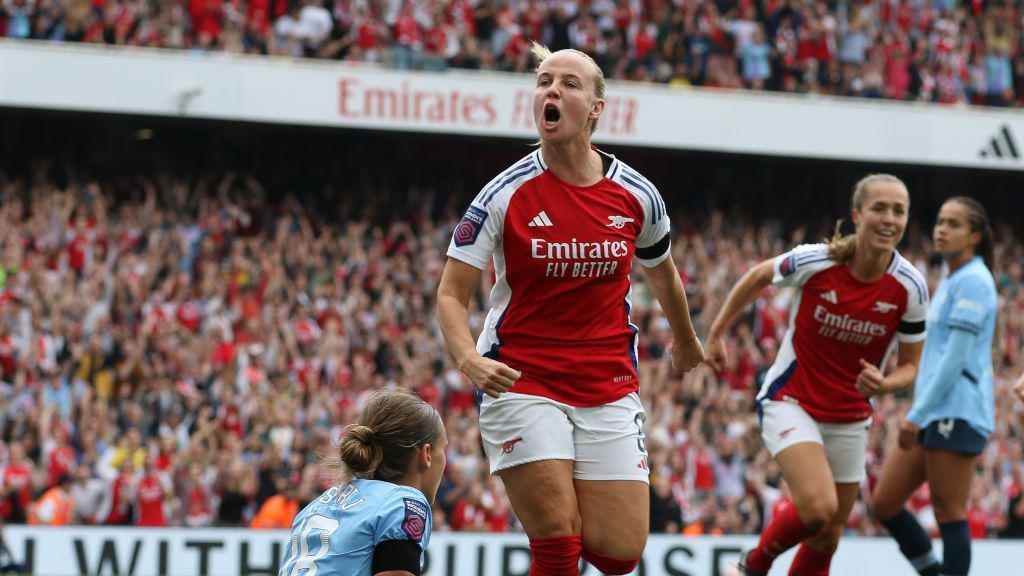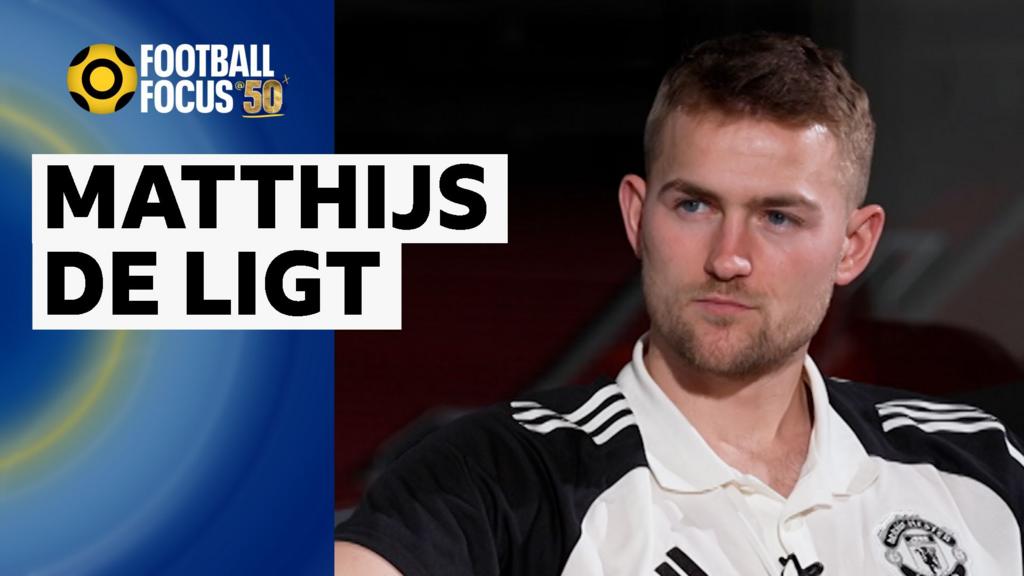ARTICLE AD BOX
 Image source, Getty Images
Image source, Getty Images
Arsenal's finances have benefited from attracting big crowds to Emirates Stadium
Katie Gornall
BBC sports correspondent
The financial landscape of women's football is changing.
More money is coming into the game and investors and sponsors are taking note.
With the top two tiers of English women's football under new leadership, the sport is at a crossroads.
So what could the financial future hold? And can women's football become big business?
How financially healthy is the game?
Women's Super League (WSL) clubs generated £48m in revenue in the 2022-23 season - a rise of 50% on the previous season, according to Deloitte., external
This week, a new £45m deal for Barclays to remain title sponsors of the league was agreed.
It is double the previous deal and is the first to be signed by the WSL's new company, Women's Professional Leagues Limited (WPLL), which has taken over the running of the WSL and Women's Championship from the Football Association.
But this is an industry still in the early stages of growth, as Dr Christina Philippou - a women's football finance expert - explained.
"We're seeing profits continuously drop across clubs and more spending on predominantly player wages. That's a good and bad thing," said Philippou.
"It's a good thing for players and for the game, because it's showcasing exactly how much it's moving. The bad news is, obviously that's costing clubs more money.
"So even though their revenues are going up, so are their costs, and their costs are going up by more than their revenues."
Philippou says start-up projects "tend to make losses" which is something that is "normal" in football, but not self-sustaining.
There are reasons to be cautious though, epitomised by former WSL club Reading who dropped to the fifth tier from the Women’s Championship this season because of financial concerns.
What are the different types of ownership?
Image source, Getty Images
Image caption,American businesswoman Michele Kang bought Women's Championship side London City Lionesses last December
Men's clubs worldwide have now woken up to women's football and their women's teams are increasingly dominating the sport.
Out of the 23 clubs in the WSL and Women's Championship, all but two are affiliated with men's sides.
Clubs like Arsenal, Tottenham and Manchester United own both men's and women's teams.
But there are others trying to forge their own path.
Durham WFC and London City Lionesses are both independently owned and do not have the backing of a men's side.
While Durham stand alone, London City is part of a women's-only multi-club model, owned by American businesswoman Michele Kang, which also owns Washington Spirt and Lyon.
Meanwhile, an investment group has emerged with a sole focus on women's football.
Mercury/13, co-founded by entrepreneurs Victoire Cogevina Reynal and Mario Malave, have promised to invest more than £80m in clubs across Europe.
The group recently purchased FC Como Women in Italy's Serie A Femminile and say investment in English women’s football is their "number one strategic priority".
What are pros and cons of different types of ownership?
Part of the reason revenues are soaring in the WSL is because of the money and resources men's football provides to its women's clubs, allowing them to grow quicker.
Philippou uses Arsenal as an example. The women's team regularly plays home matches at Emirates Stadium and has access to the same marketing resources as it's men's team.
"Their income has massively increased and a huge part of that is their matchday income, which is having games at the Emirates - you can't do [that] if you're not affiliated [to a men's club]," she added.
But progress can come at a price. Even though all clubs are growing, there remains a significant gap in resources across the league.
Reading's demise has led to growing concerns that the women's game could be too reliant on men’s football.
Maggie Murphy, former chief executive officer of Lewes FC, said: "If the men's side of the club chooses to go a different way, or they have an ownership crisis or get relegated, the women's team is still a dependent and will suffer as a result."
Another option is multi-club ownership, something that has been normalised in the men's game.
London City Lionesses owner Kang has been revolutionary in the women's game, with her approach and investment receiving widespread praise.
"London City don't have to go through long negotiations on the men's side in order to access, facilities," says Murphy.
"They have just bought their own training facilities, they are looking to buy their own ground and Kang has a huge focus on sports science and female physiology - [they are] game changers. It is really, really important in the overall health of the ecosystem."
While Kang has her own source of wealth, Mercury/13 and it's investors aim to make money as they build their own empire.
Their model relies on commercialising clubs, building partnerships and bringing in various sponsors. By their own admission it's "risky", and only time will tell if their ambition matches the reality.
There is optimism, but for a sport in the early stages of growth, there is also an awareness of the risks and challenges ahead.
"There is a lot of potential," said Philippou. "There's better value for money investing in women's sport at the moment compared to men's sport.
"But that needs to be sustained and grown in a way that then allows women's football to come out of this growth phase and become a more mature league."
Murphy added: "I think women's football is always held to higher standards [than men's football]. We're almost demanding a lot from a product that has received very little investment over a hundred years.
"Women's football is not going away - it's only going to grow. The time is right [for investors] to come in now, but it's not easy. There are still so many things we need to build, the women's football ecosystem remains fragile."

 3 months ago
15
3 months ago
15








 English (US) ·
English (US) ·